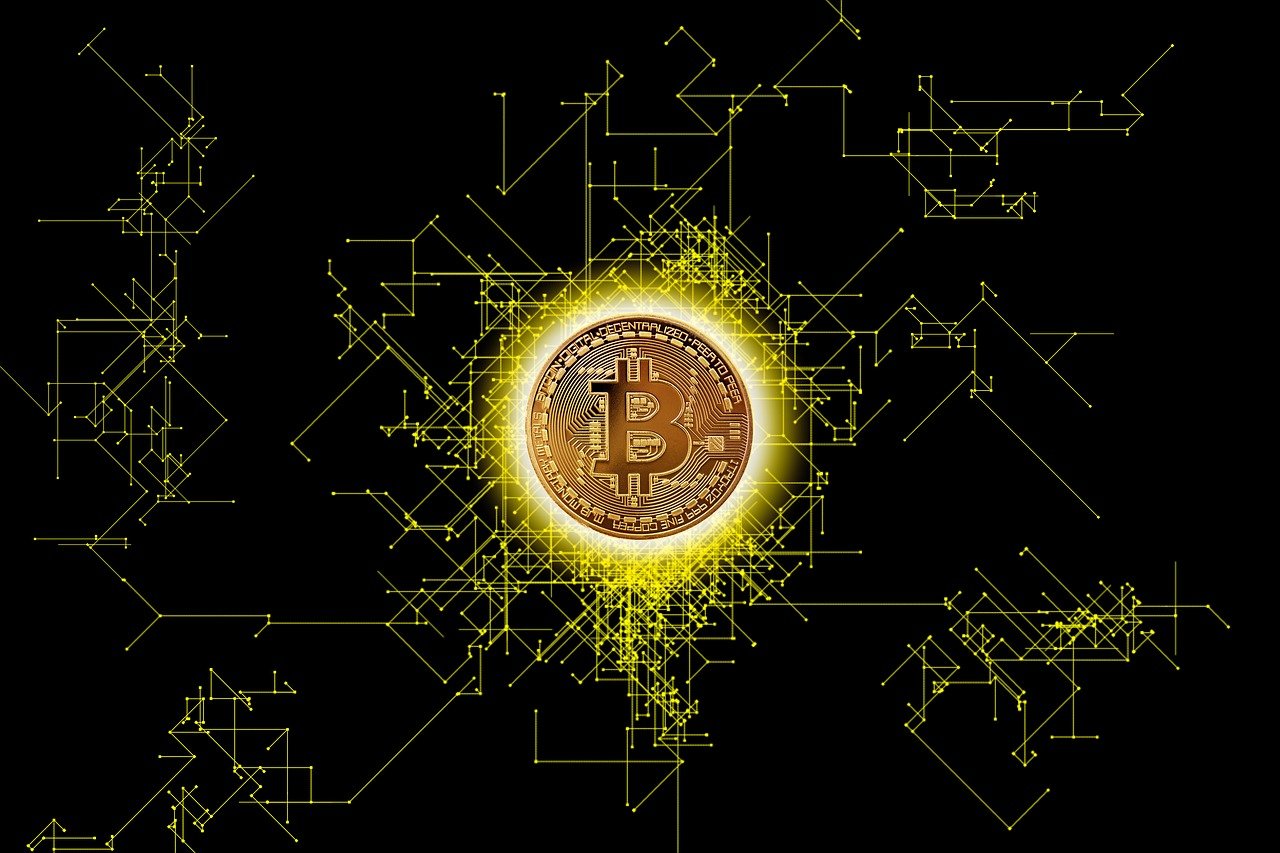The old guard of the centralised financial services industry aren’t too happy about the world’s shift towards cryptocurrencies. The most obvious reason why they’re not happy is because they won’t be guaranteed a piece of the action on the transaction fees charged for every single transaction which basically has to go through them. Their operational methods could very well have them listed as new casinos to come online every year, such is the ease with which they’ve essentially been able to “print money!”
Here’s the reality: the utility of the ‘permissionless’ blockchain tech employed by most cryptocurrencies is the same as any other payment system, bar one: the money has to come from somewhere. All other stuff can be achieved via outsourcing – you can run a bank account for an organisation (say, a water company or insurer), you can issue them an insurance policy, you can buy and sell bonds, loans, you can offer debit cards, you can even hire a company to give you cards. Every of these payment methods has to have an intermediary step in before the transfer of the currency can occur. Even the consumer protection provided by existing regulated payment systems is largely delegated to an authority.
It’s a situation which bitcoin seeks to address – or better still bypass. Yet even the currency has to enter the market via a third party intermediary. After the miners issue the currency, they have to ‘assign’ it a number in the process called a ‘public address’, which they have to pass to the user. These ‘public’ addresses are like your account details in a bank, which you use to pay merchants. To send money to a friend, you need his ‘public address’, for example. The key difference is that you can’t open your own bank account. When you buy bitcoin, you buy it with a merchant or a person who owns a ‘private’ bitcoin address, which is an address you only give to someone you know.
The issue here is that once you buy bitcoin, you own it, you can send it to whomever you want and you can move it however you want with the help of the three current networks: bitstamp.net, bitfinex.com and btc-e.com. Each of these businesses has a number of representatives who look after the ‘p2p’ side of the transaction. They also have agents who provide access to their customers to ‘legacy’ payments systems, like Paypal and Western Union, which require a ‘channel access code’, essentially a secret number that has to be sent to the customer.
This means that any third party taking a percentage of the transactions on their platform are basically profiting from this channel access code system, which is hidden by the ‘legacy’ payment system, in order to pay some regulation. In theory, if regulation is not applied, these banks or the payment system providers can have an open channel access code system, which means you need them for every single transaction.
Right now the banks are talking to the exchanges in order to determine how much they’re taking. The exchanges are already looking to compensate them for the fees they will be taking. This makes bitcoin mining software more complex, so the centralised exchange may not make a great deal of money.


